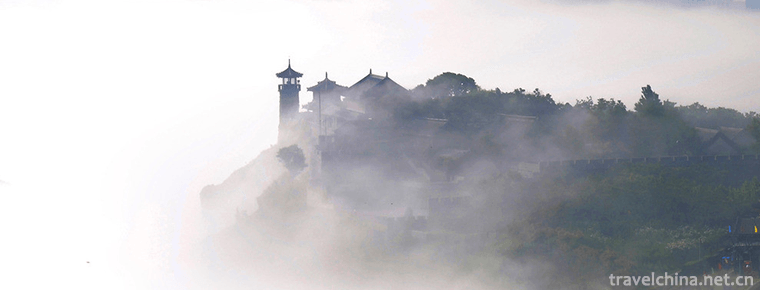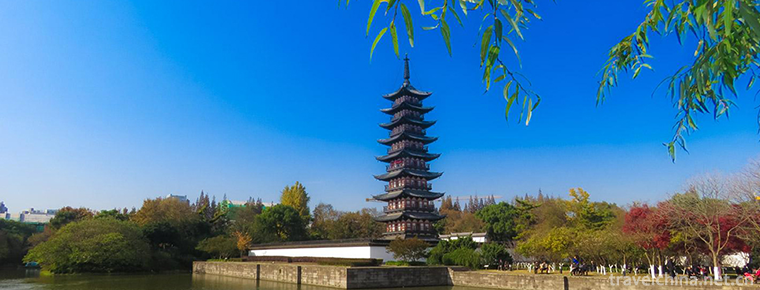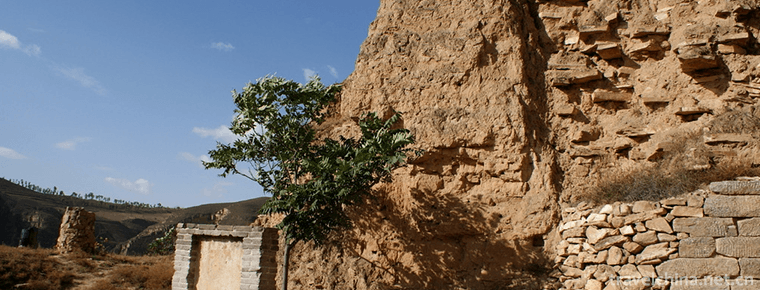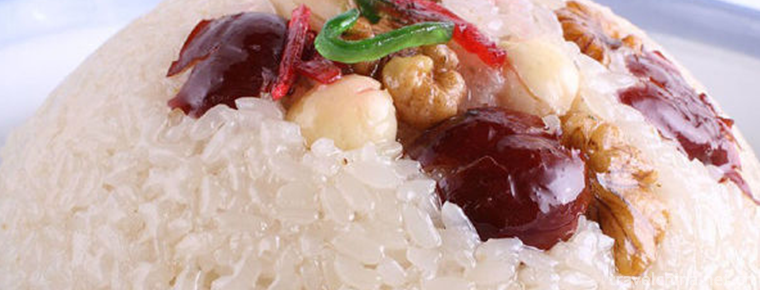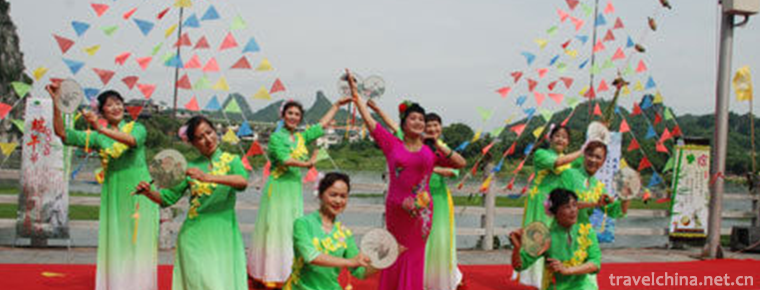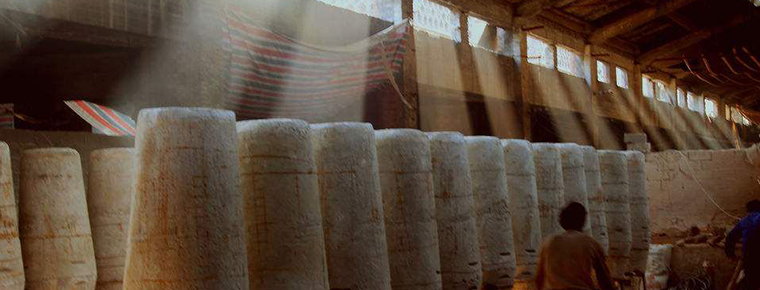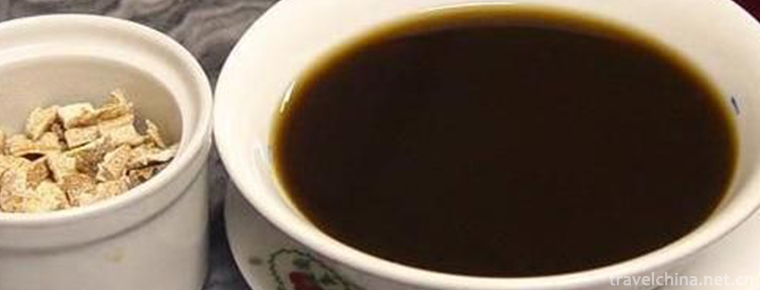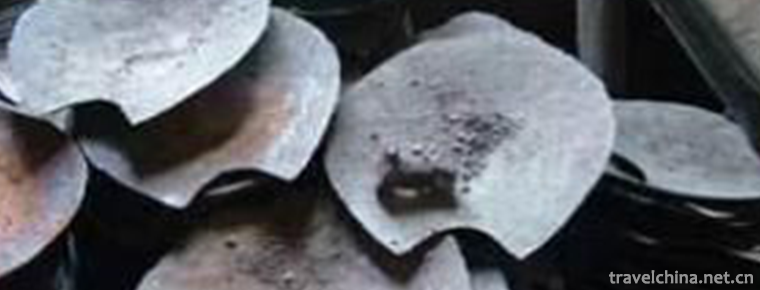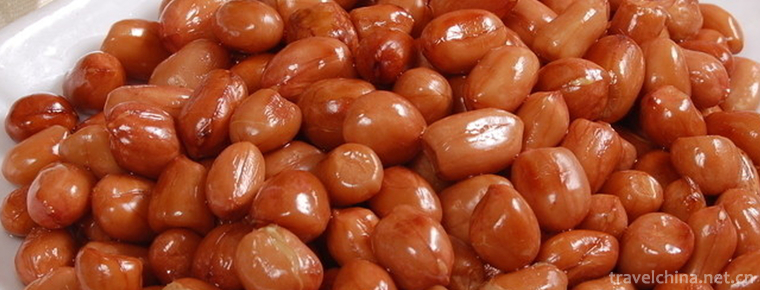Xishan Scenic Spot Suzhou
Xishan Scenic Spot Suzhou
Xishan is the abbreviation of Xidongting Mountain. It is 11 kilometers wide in North and south, 15 kilometers long in East and west, and 79.8 square kilometers in area. It is the largest island in Taihu Lake. Xishan scenic spot is the essence of Taihu scenic spot. It is a lake and island area with archipelagic scenery, flower and fruit jungle, and historic sites since Wuyue. It has four scenic levels: Lake archipelago, Lake Bay landscape, mountain dock Valley and mountain peak. The whole region plans to construct 20 scenic spots such as Yunchang, Shuiyuewencha, Linwu Evening Smoke, Summer Fishing Song, Liyun in Yongli, Xuanyang Rice Wave, Xiaoshan Heritage, Maogong Snow, Xihu Sunset, Shigong Autumn Moon, Fengyuan Rain, Jinduo Songzhao, Culture Sunfeng, Dashaguanfan, Luohan Gusha, Jilangmei, Mingwan Ancient Village, Yingjiao Fengtao, Tianwang Fish Country, Hengshan Xuri. The planned area of scenic spots totals 609.3 hectares.
Xishan, Suzhou
"Beautiful Taihu Lake, charming Xishan", this is the first compliment of Professor of Shanghai Academy of Social Sciences on Xishan Island. There are 72 peaks in Taihu Lake, and 41 peaks in Xishan. The so-called "mountain is not high, if there are fairies, then name", the highest peak is only 336 meters , but its rich cultural and historical connotation has endowed Mount Xishan with endless charm.
Scenic spot
The Ninth Cave in the World
Linwu Mountain is located in the southeast of Xishan Town. According to historical records, Dayu left footprints there as early as during the period of Dayu's water control. The Records of the Land of Wu recorded that "there are caves in 130 miles west of the county, which is unpredictable in the ancient times." King Wu sent his father-in-law Lingwei into the cave, which he could not finish on the seventeenth day because of Yu Shu. Linwudong, known as the Ninth Cave in the World, is commonly known as Longdong, which is located in Zhenxia Village in the eastern part of the western Shandong Province. Linwudong unearthed Taoist relics such as Jinlong, Jade Bamboo Slips and Images of Tang Dynasty. Ancient poetry praised: "a mountain flying in Taihu Lake, Qianjiao deep forest house cave".
Daoyin Garden is located in the south side of Linwudong, also known as Wuzhi Jingshe, which is the seclusion place of Wuzhi Scholar (Li Mida) in Song Dynasty. He was dismissed from office in Pingjiang (now Suzhou) when he was the prefect in February, and then built a garden to live in seclusion, claiming that his residence was "Tao Yin Garden". His Records of the Tao Yin Garden are carved at the entrance of the forest house. In April 1995, it was declared as a cultural relic protection unit at Jiangsu Province level.
Lin Wu Mei Hai
With the forest house as the center, thousands of mu of plum forest around the mountain are continuous. Its area, plum species and density are the largest in the country. Since ancient times, Linwu has been a resort for appreciating plum trees. Since the Tang Dynasty, it has left a deep history of plum script. There are red plum, green plum and white plum, especially white plum. Every blooming season, thousands of mu of plum blossoms, a vast expanse of white, like snow, like the sea, the scene is very spectacular. Linwu Meihai is also the research base of Chinese plum culture. The annual Chinese Taihu Plum Blossom Festival is held here.
Shigong Hill
Shigong Mountain is a peak in the southeastern corner of Xishan Town, which ranks first among the eight sceneries of Xishan. It has three faces of water, exquisite rocks and lush green cypress. Before Shigong Mountain, there were two unusual stones, one resembling an old man is Shigong, the other is Shipo. They stand shoulder to shoulder and look at each other. Legend has it that they miss their aunt and sister-in-law across the lake day and night. Shi Gong's name came from this.
Shigong Mountain, located in the southern corner of West Shandong Province, is named Shigong because of the huge Taihu Stone in front of the mountain, which is like an old man. "Stone is a family gathering, Taihu Lake is a class", the world-famous "Hua Shi Gang" in the Song Dynasty was collected here, and left behind "Lianyunbao" and other relics. In the south of the hillside, the Royal Mohist Pavilion with four corners flying upward is named for the stone tablet of the Qing Dynasty ancestor Shunzhi's imperial book "Respecting Buddha". As the treasure of Zhenshan, the three words "Royal Mohist Pavilion" are written by Pujie. "Guiyun Cave" is the Yan Mao cursive script of Ming Dynasty. There are some cliff stone carvings at the entrance of the cave, such as Xu Gang's regular script "reading saints, doing benevolent and righteous things, keeping loyalty and filial piety".
The Broken Hill Pavilion is square, and its pillars are engraved with the couplet of the famous calligrapher Fei Xin-mei, Wang Chang of the Ming Dynasty, "Mountain meets man, sky floats with water". In the pavilion, there are poems written by the ancients Zhang Pengchong: "The Pavilion is a lonely one, with a faint view of the pavilion. There are no walls in the sky, and the moon drinks the lake.
When Laihe Pavilion was built, a group of cranes flew from Fanghe Pavilion in Xizi Lake. When they saw the green mountains and rivers, they stayed at night, so the pavilion was named Laihe. The couplets on the pavilions and pillars are written by Wu Qiaomu, a famous painter and calligrapher. The Pavilion is situated above the dangerous rocks with extraordinary momentum. Behind the Pavilion there is an ancient cypress, vigorous and upright. At the foot of the cliff there is a side called "Hechi".
Yu Temple
Yuwang Temple is an ancestral temple built by Xishan Islanders to commemorate Dayu who has made great achievements in water control. Yuwang Temple has a long history. According to historical records, it was first built in Liang Dynasty. It has a history of more than 1200 years. The existing Hall of Yuwang Temple is a building of the 14th year of Jiaqing in the Qing Dynasty (1809). Yuwang Temple covers an area of more than 20 mu.
The ancient Yuwang Temple not only expresses its artistic beauty in ingenuity and delicacy, but also reflects its image beauty in the integration with the natural environment. The ancient Wharf at the southeast corner of Yuwangmiao is a relic of the Ming Dynasty. The wharf is 65 meters long, 3.4 meters wide and 1.8 meters high. The stones used at the wharf are all granite. It is magnificent and has a long history. It can be called the best in Taihu Lake.
Traffic information
No. 69 (Suzhou Railway Station departure), No. 58 (Wuzhong Bus Station departure) Xishan Agricultural Park, Linwudong, Shigongshan can all get off. The whole journey is about 2 hours and 1 hour respectively. The fare is 5 yuan. The last bus is 21:00.
Practical information
Ticket Price
Luohan Temple 10 yuan; Linwudong (Meiyuan) 50 yuan; Shigongshan 50 yuan; Baoshan Temple 10 yuan; Mingyuewan Village 50 yuan; Guzhangyuan 25 yuan; Baoshan Zen Temple 20 yuan; Xishan Agricultural Park 25 yuan; Wuwufeng 80 yuan (including sightseeing cars). Old people's card is half price and children's ticket is over 1.4 meters.
Opening Hours
8:00 - 17:00
Time reference
Luohan Temple, Baoshan Temple, Ancient Zhangyuan 0.5 hours, Linwudong (Meiyuan), Xishan Agricultural Park 1 hour; Fangfeng 1.5 hours; Shigongshan 2 hours
Pictures From: http://bbs.fengniao.com/forum/10467501.html















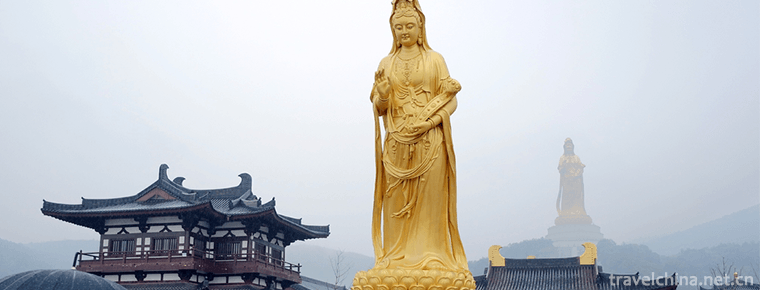
-
Penglaige tourist area
Penglaige Scenic Area, located in Danya Mountain, northwest of Penglai City, Shandong Province, is a national AAAAA-level tourist attraction with an area of 18,500 square meters.
Views: 105 Time 2018-12-08 -
Shanghai Fangta Garden
Fangta Garden is one of the gardens in the ancient city of Songjiang, which is mainly composed of historical relics. The garden covers an area of 182 mu. The site was originally the downtown center of.
Views: 134 Time 2018-12-19 -
Hohhot Laoniuwan Tourist Area
Laoniu Bay is located at the entrance of Shanxi-Shaanxi Grand Canyon. This is the Great Wall, the only typical parallel section of the Yellow River. The widest part of the river is not more than 100 m.
Views: 159 Time 2019-01-16 -
Eight treasures sweet rice
Babao sweet rice, also known as Babao rice, is a traditional snack with glutinous rice as its main ingredient. With jujube, lotus seed, Baitai, white fruit, longan meat, green red silk and so on.
Views: 202 Time 2019-03-26 -
Guangxi Wenchang
Wenchang in Guangxi is short for Wenchang, also known as Wenjuzi and Xiaoqu. It is the traditional Solfeggio art popular in the northern Guangxi Mandarin area, especially in Guilin.
Views: 107 Time 2019-05-01 -
Construction Techniques of Jingdezhen Traditional Porcelain Kiln Workshop
Jingdezhen traditional porcelain kiln workshop building skills, Jiangxi Province Jingdezhen local traditional ceramic industry building and building skills, one of the national intangible cultural her.
Views: 86 Time 2019-05-08 -
Herbal tea
Herbal tea is the general name of traditional Chinese herbal medicinal plant beverage. Guangdong herbal tea is the representative of traditional Chinese herbal tea culture. Herbal tea is a kind of bev.
Views: 193 Time 2019-05-13 -
Pig Iron Smelting and Casting Technology
Yangcheng pig iron casting technology was invented in the 6th century BC. Yangcheng pig iron smelting and casting technology in the smelting and casting process first crushed the ore, then roasted at .
Views: 290 Time 2019-06-14 -
Fried peanuts
Fried peanuts is a dish made of peanuts and other materials. It belongs to the family dish and serves wine. When drinking, people often choose this dish as the next dish..
Views: 316 Time 2020-03-15 -
wolong national nature reserve
Wolong Nature Reserve is located in the southwest of Wenchuan County, Aba Tibetan and Qiang Autonomous Prefecture, Sichuan Province, on the southeast slope of Qionglai mountains, 130 kilometers away from Chengdu.
Views: 250 Time 2020-11-06 -
Yibin special dishes
Yibin people like noodles most, such as stewed chicken noodles, salty and fresh noodles, sausage noodles, beef noodles, Beijing sauce noodles, mushroom noodles, three fresh noodles, spicy chicken noodles, eel noodles, Longfeng noodles. Among them, burnin.
Views: 67 Time 2020-12-18 -
Guangan Education
As of 2019, there are 1198 schools at all levels in Guang'an City, including 696 kindergartens (including 119 public kindergartens), 194 primary schools, 235 junior high schools, 6 special schools, 1 work study school, 42 ordinary senior high schools (includi.
Views: 375 Time 2020-12-19
